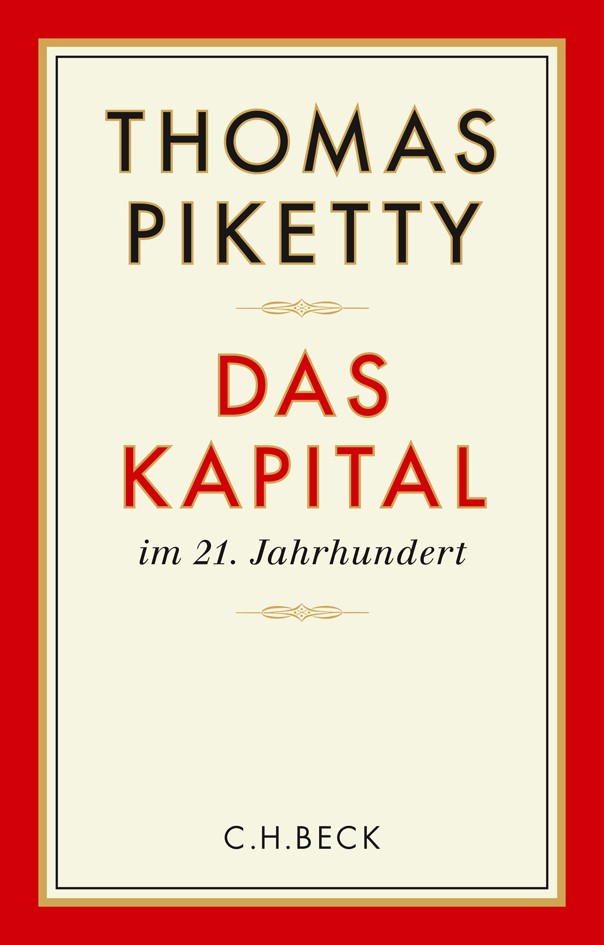Ben Waber reviewed Capital In the 21st Century by Thomas Piketty
A Slightly Flawed but Still Classic Text
5 stars
I finally got around to reading Pikkety's breakout book, and I can report that it's a classic for a reason. With his now trademark deep research and quantitative rigor, Piketty examines the nature of the global financial system and why inequality builds over time. There are some flaws in here, particularly around the economic history of the Americas, and a lot of space is spent on monetary policy with very little payoff. From this perspective this book can be viewed as an unfinished version of Piketty's more recent books which are superior in nearly every way. If you want to go back to the original, however, you'll still be in for a treat. Highly recommend
I finally got around to reading Pikkety's breakout book, and I can report that it's a classic for a reason. With his now trademark deep research and quantitative rigor, Piketty examines the nature of the global financial system and why inequality builds over time. There are some flaws in here, particularly around the economic history of the Americas, and a lot of space is spent on monetary policy with very little payoff. From this perspective this book can be viewed as an unfinished version of Piketty's more recent books which are superior in nearly every way. If you want to go back to the original, however, you'll still be in for a treat. Highly recommend









